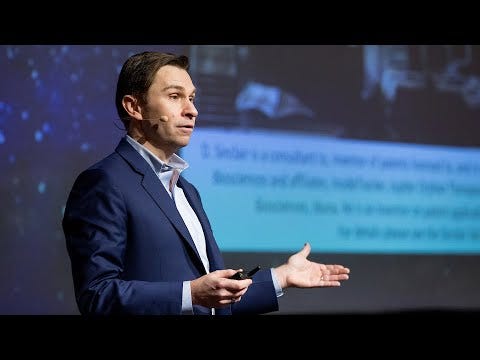1. A lot has been written about China - about it’s economy, technology, geography, history and it’s ambitions. But little is actually written about it’s people. About their lives. What is it like being Young Chinese person growing up in China ? What are their hopes and dreams ?
This is the side of China I was exposed to at a recent talk by Zak Dychtwald,…


